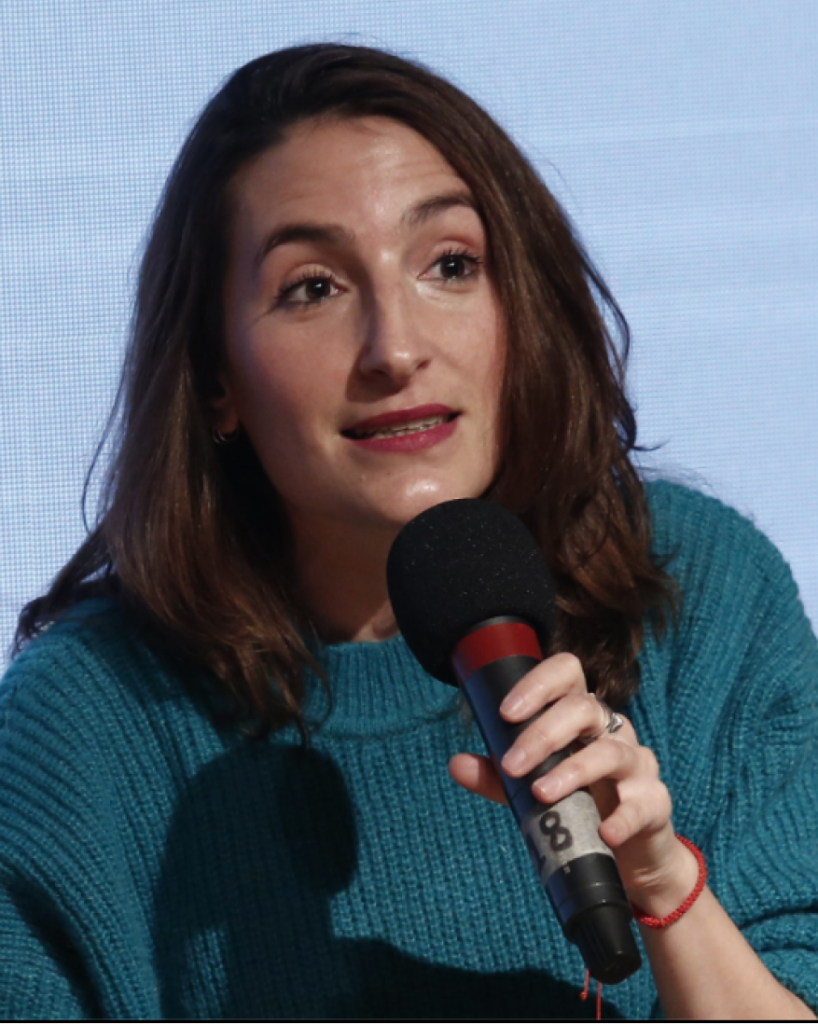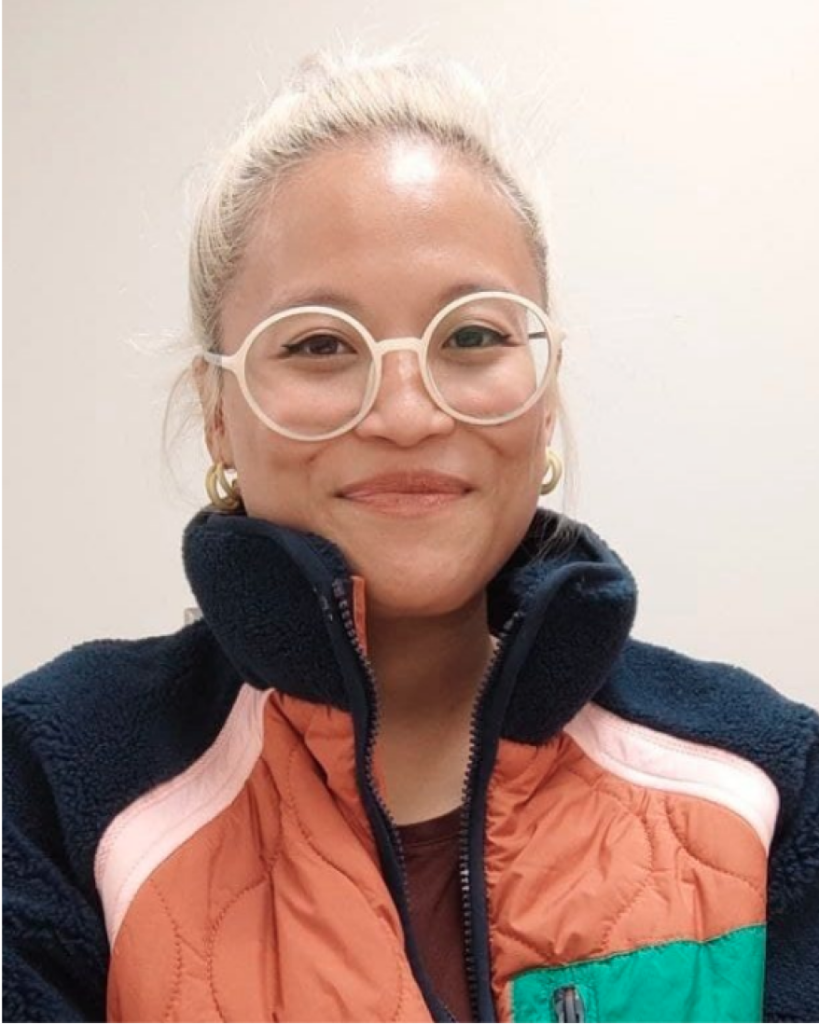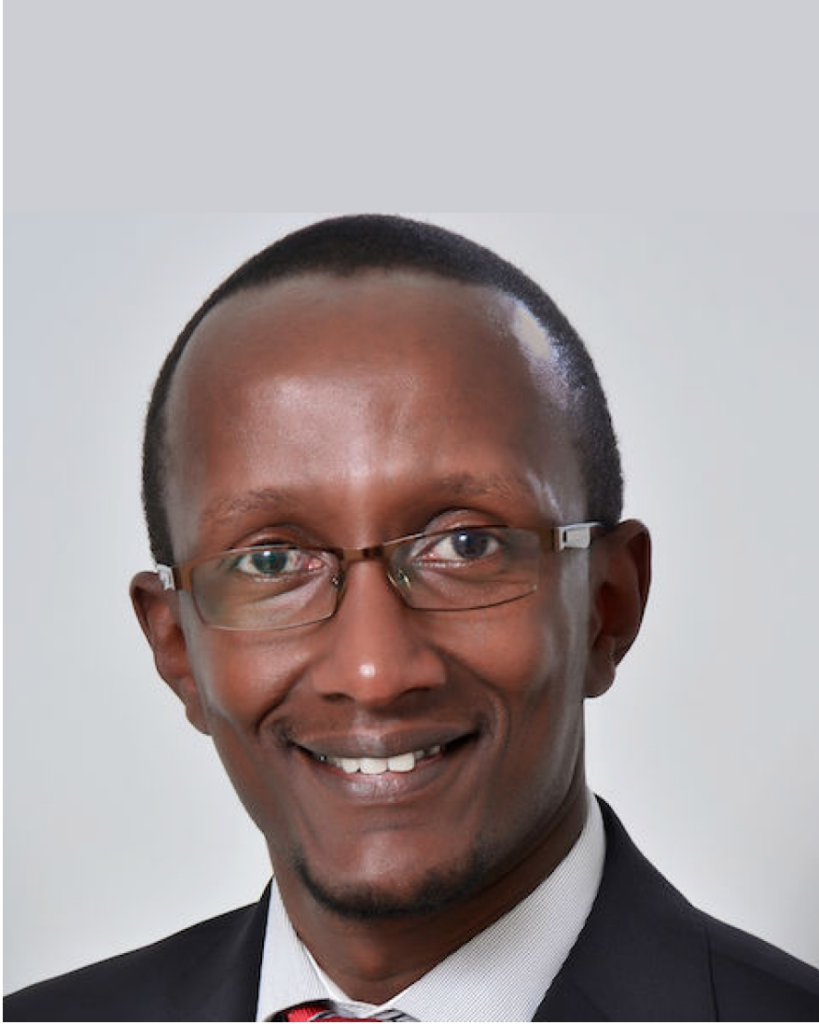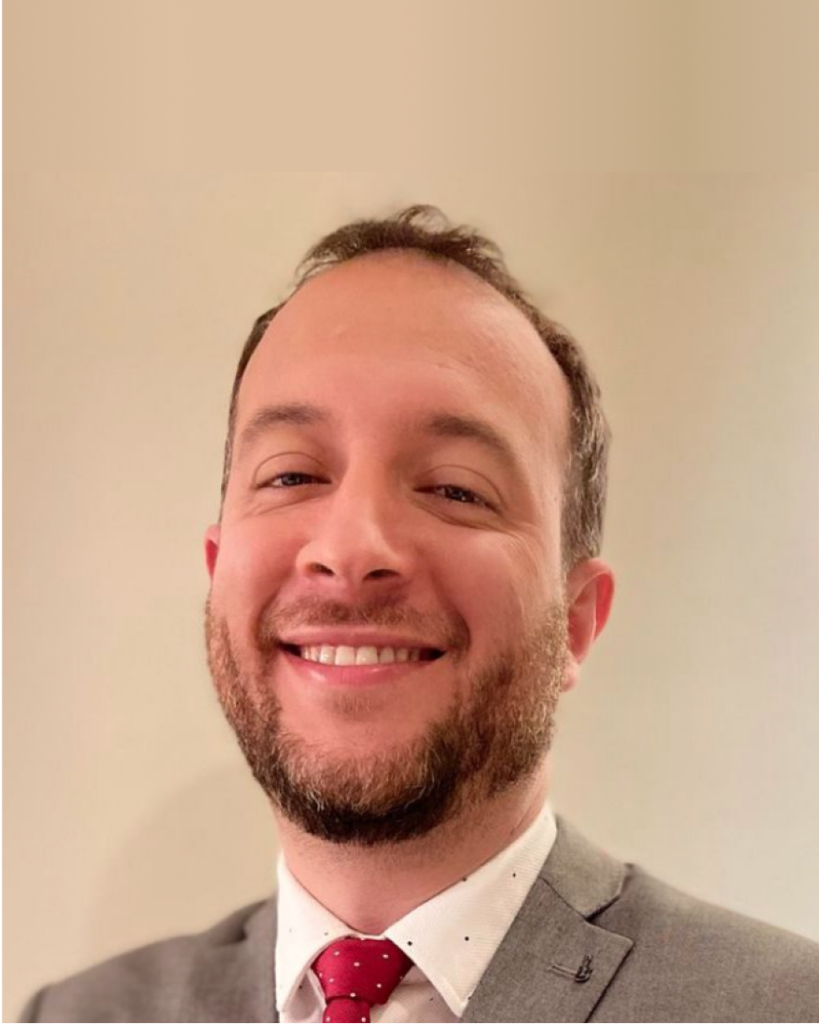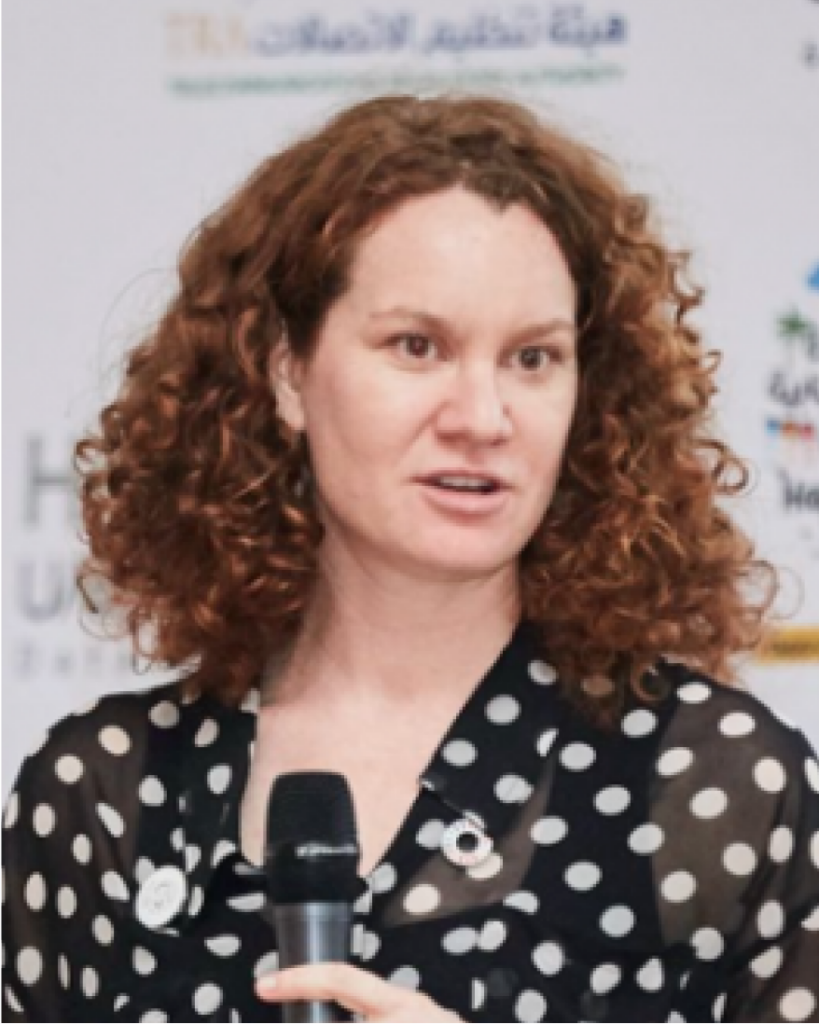Articulating norms
We work with our network of government adopters and international bodies to show how good data governance can address global policy goals, and help build field partnerships to ground open data norms in culture and practice. We prioritise collaboration with organisations working on other data rights – like privacy – to ensure our calls for reform are mutually reinforcing. Through these partnerships, we help governments to strike a balance between advancing transparency and accountability using data and protecting human rights.

